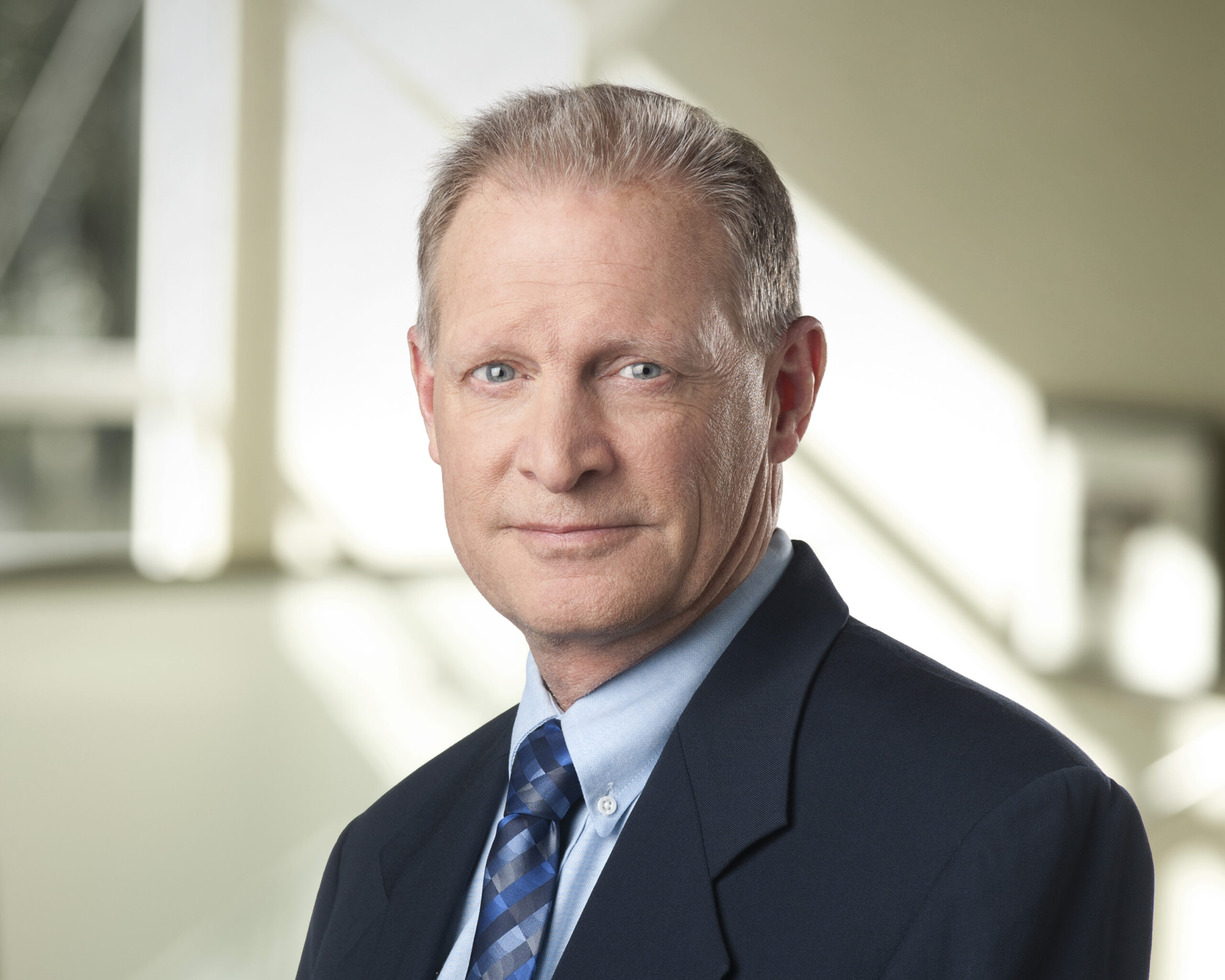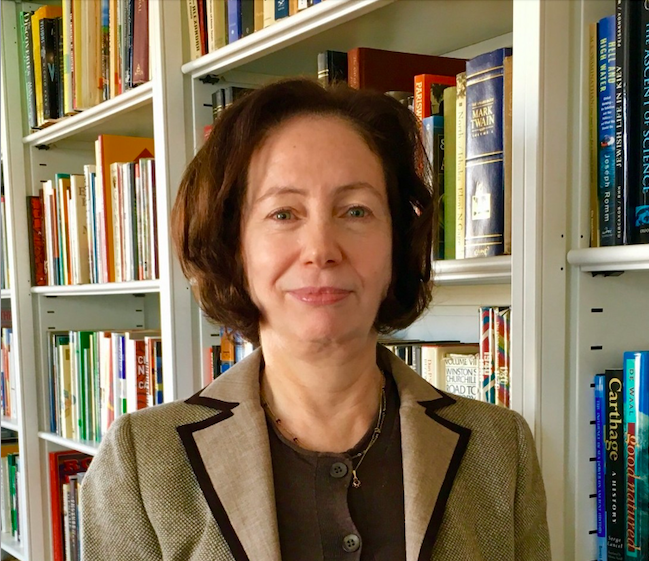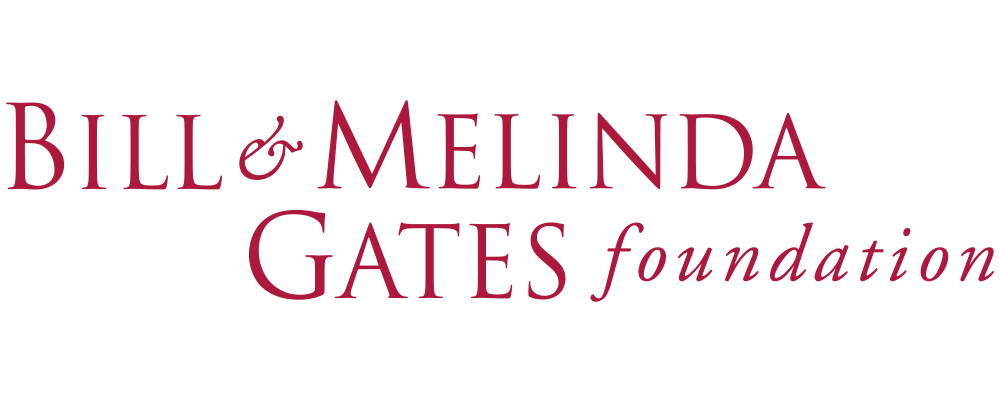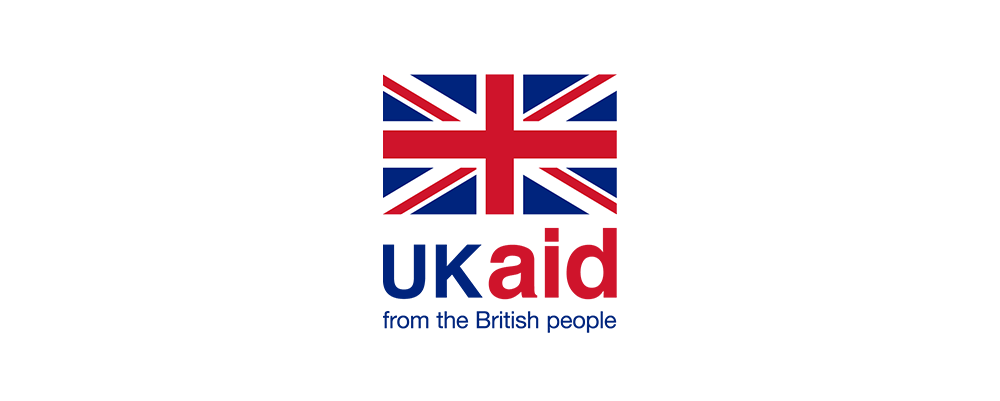About us
About GRID3
GRID3 works with countries in sub-Saharan Africa to generate, validate, and use core spatial datasets on population, settlements, subnational boundaries, and crucial infrastructure. We train and support stakeholders who use this information for analytics and decision-making, and work closely with local governments to improve national ownership and sustainability of the data.
We blend official data with data generated by novel approaches; our solutions draw on advanced data science and technology, participatory mapping, satellite imagery, and other innovations. GRID3 combines the expertise of leading technical partners to design pragmatic and responsive geospatial solutions that address the priority needs of each country.
Our work facilitates data-driven interventions that reach communities that need them the most. GRID3 solutions are valuable across multiple development sectors, from education to infrastructure. Our current focus is improving health interventions—particularly immunization coverage and malaria control—in the Democratic Republic of the Congo (DRC) and Nigeria.
Our history
GRID3 was founded in 2017 to help governments in sub-Saharan Africa make better use of spatial data in healthcare, education, and other sectors. The initial four partner organizations—the Center for International Earth Science Information Network at Columbia University, the Flowminder Foundation, the United Nations Population Fund, and WorldPop at the University of Southampton—helped develop multi-agency work plans that mainstreamed new data and data methodologies that supported the objectives of our government partners.
In our first five years, we worked with over 20 sub-Saharan African governments on a wide variety of development projects, including large response efforts to the COVID-19 pandemic. GRID3 received funding from the Bill & Melinda Gates Foundation; the UK Foreign, Commonwealth & Development Office; Gavi, the Vaccine Alliance; the United Nations Children’s Fund; and the World Health Organization.
We continue to learn from these experiences to refine our approach. As part of our ongoing evolution, GRID3 transitioned from being managed by Columbia University to operating as an independent non-profit organization in 2022. We are basing a greater portion of staff in DRC and Nigeria, allowing us to deepen national-level engagement. These changes are aimed at finding the most impactful ways to meet the needs of our government partners and donors.
Our partners
The Center for International Earth Science Information Network (CIESIN) is a research center within the Columbia Climate School. Its mission is to provide access to and enhance the use of information worldwide, advancing understanding of human interactions in the environment and serving the needs of science and public and private decision making. Under GRID3, CIESIN leads initiatives around settlement, boundary, and infrastructure mapping.
WorldPop research programme, based at the University of Southampton, is a multi-sectoral team of researchers, technicians, and project specialists that produces data on population distributions and characteristics at high spatial resolution. WorldPop leads population modelling within GRID3.
 Vincent Seaman
Vincent Seaman  Sonia Ehrlich Sachs
Sonia Ehrlich Sachs 

